Myanmar Faces Cholera Surge Amid Acute Watery Diarrhea Outbreak: A Call for Urgent Action
The "Myanmar Acute Watery Diarrhea Cholera Outbreak External Situation Report" as of August 9, 2024, reveals a critical public health crisis in Myanmar, with AWD and cholera cases rising in Yangon and Rakhine State. Despite coordinated efforts by WHO and Myanmar's health authorities, challenges such as data shortages and limited vaccine availability hinder the response. Urgent and sustained public health measures are necessary to contain the outbreak and prevent further spread.
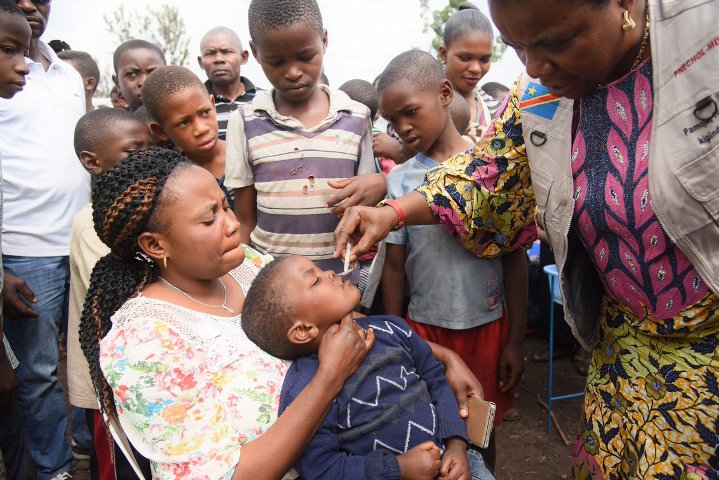
Yangon and Rakhine in Crisis
In the latest health emergency gripping Myanmar, a severe outbreak of acute watery diarrhea (AWD) has claimed lives and overwhelmed the healthcare system in the Yangon region and Rakhine State. As of August 8, 2024, the outbreak has led to 2,261 hospitalizations in Yangon alone, with 161 cases experiencing severe dehydration. Tragically, 15 people have lost their lives, though the precise causes remain under investigation. Disturbingly, cholera has been confirmed in several AWD cases, heightening the crisis's urgency.
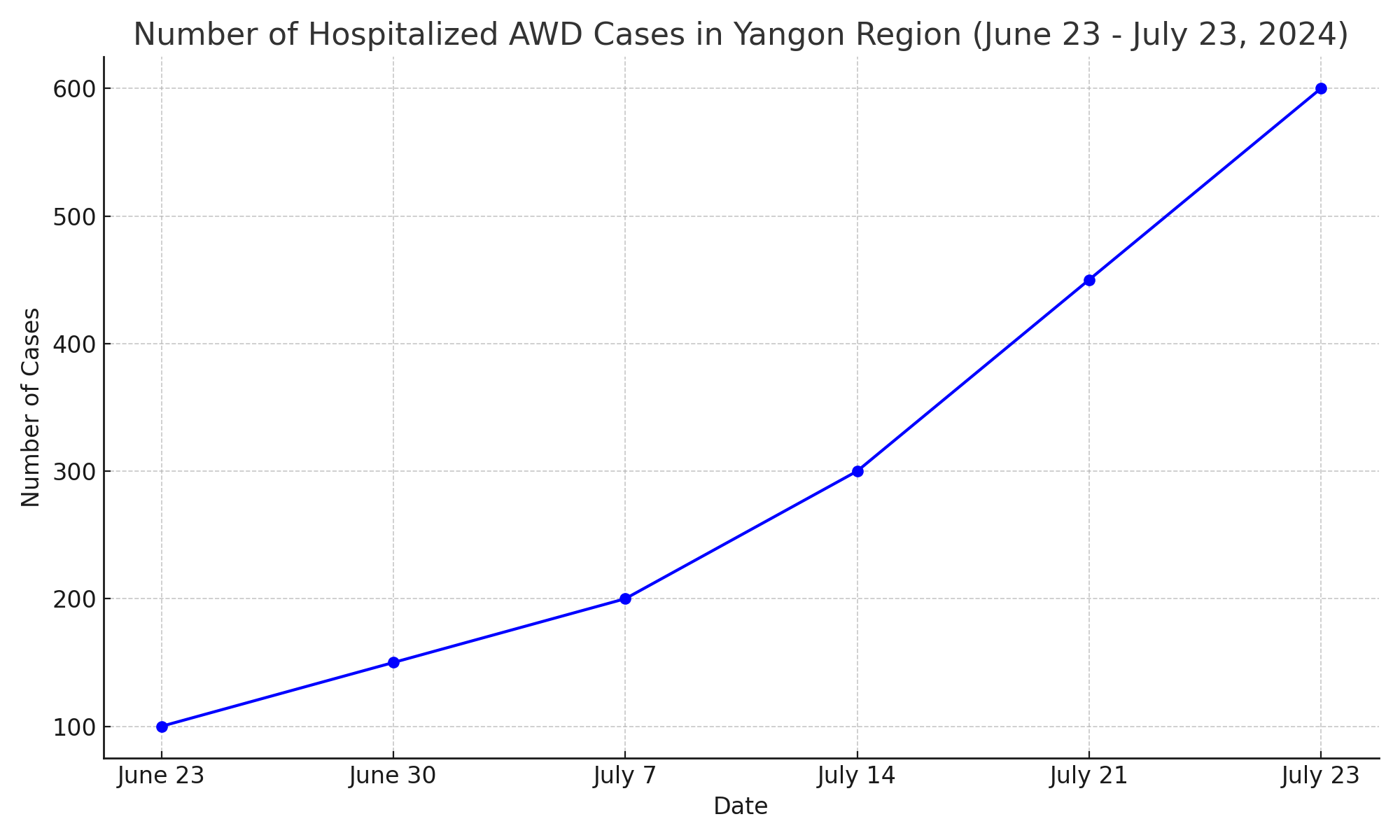
The situation in Rakhine State is equally dire. Beginning in mid-June, Sittwe saw a significant increase in AWD cases, with a sharp rise in severe cases by late July. Cholera has also been detected among these cases, raising concerns about the potential for widespread transmission if immediate and effective measures are not implemented.
Coordinated Response Efforts
The World Health Organization (WHO) and Myanmar's health authorities have taken several steps to combat this outbreak. High-level meetings were convened to prioritize high-risk areas, particularly in Yangon, and to address the severe shortage of healthcare workers in Rakhine State. The WHO-UNICEF joint Plan of Action has been a focal point in these discussions, aiming to contain the outbreak and prevent its spread to neighboring regions.
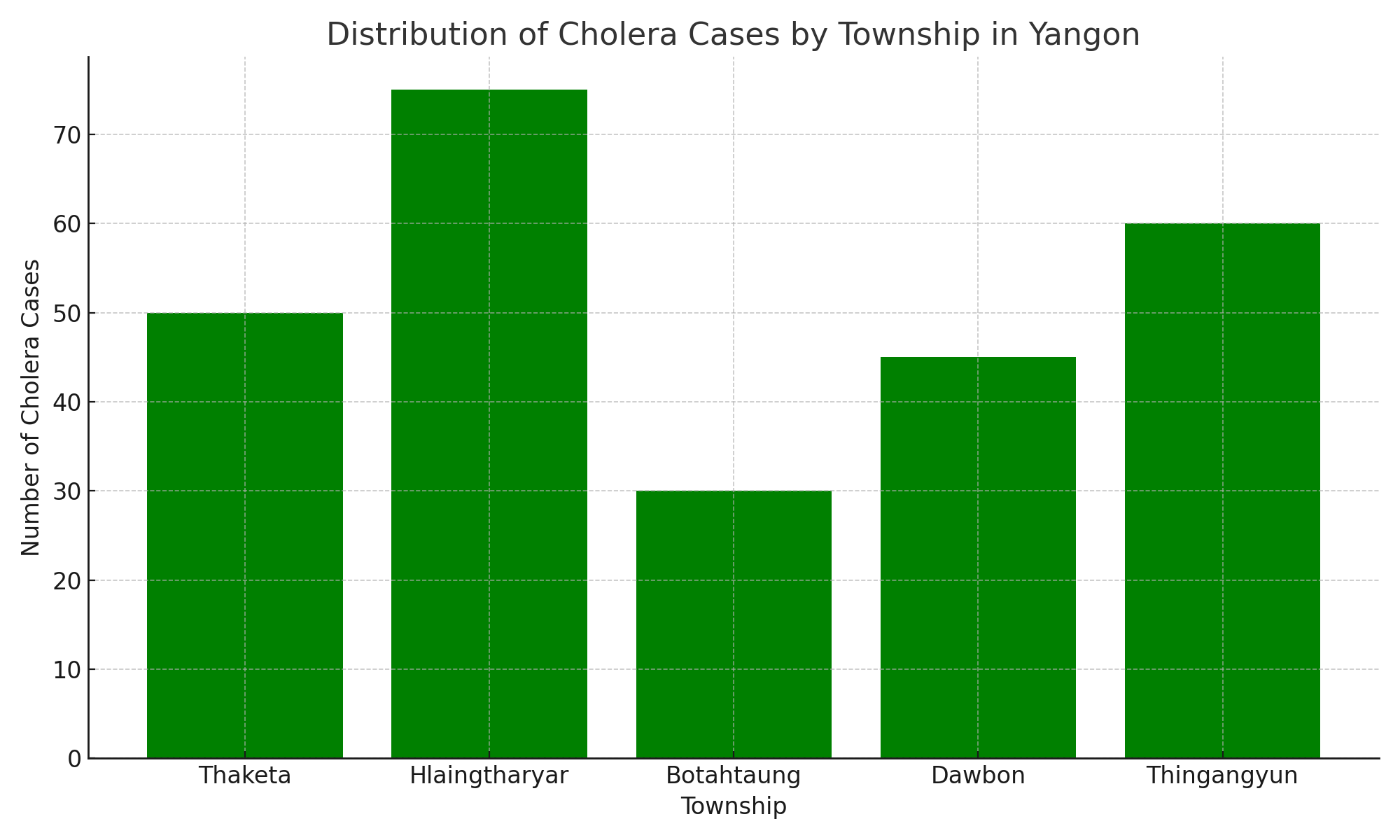
In addition to planning and coordination efforts, WHO has bolstered laboratory capabilities in Myanmar, ensuring that cholera cases can be detected swiftly. In 2024 alone, the organization delivered cholera laboratory test kits, investigation kits, and thousands of rapid diagnostic tests to the National Health Laboratory and various hospitals. These efforts are crucial in providing a timely response to the outbreak, enabling health workers to identify and isolate cholera cases promptly.
Community Engagement and Prevention
Effective communication and community engagement are vital components of the response strategy. The WHO has disseminated cholera prevention materials widely, targeting communities in Yangon through multiple communication channels. Recognizing the challenge of reaching communities with limited access to online resources, WHO and its partners have distributed over 3,000 pamphlets containing essential information on preventing and controlling cholera.
Moreover, the organization has taken proactive steps to train civil society organizations in infection prevention and control (IPC). These organizations, working closely with Township Health Departments, have implemented critical IPC activities, including the chlorination of water sources, disinfection of affected households, and raising awareness about AWD and cholera prevention.
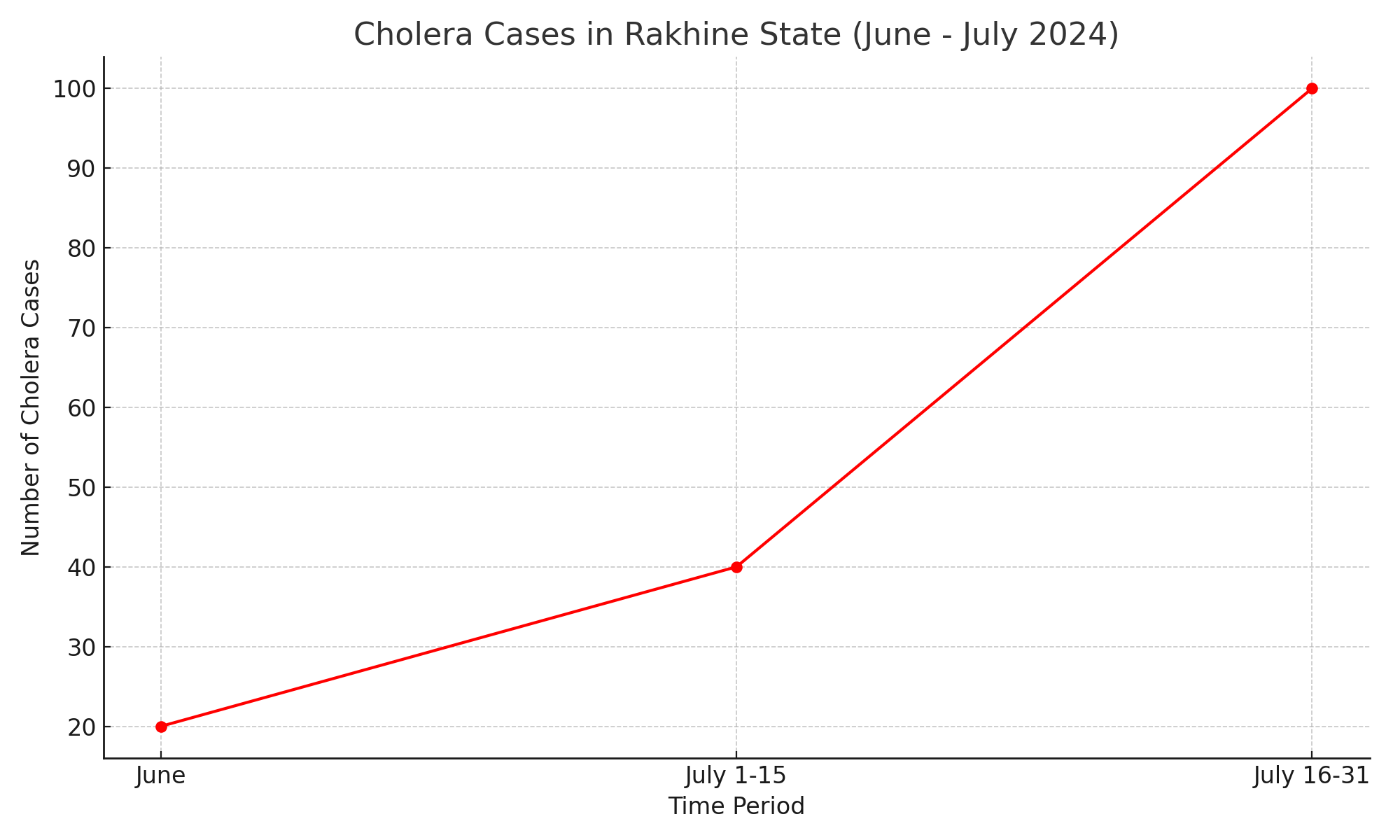
Challenges and the Path Ahead
Despite these efforts, several challenges remain. The lack of real-time disaggregated data on the cholera situation has impeded effective resource allocation and response planning. WHO has called on Myanmar's health authorities to improve the flow of detailed public health information, as required under the International Health Regulations (2005). This data is essential for a coordinated and effective response to the outbreak.
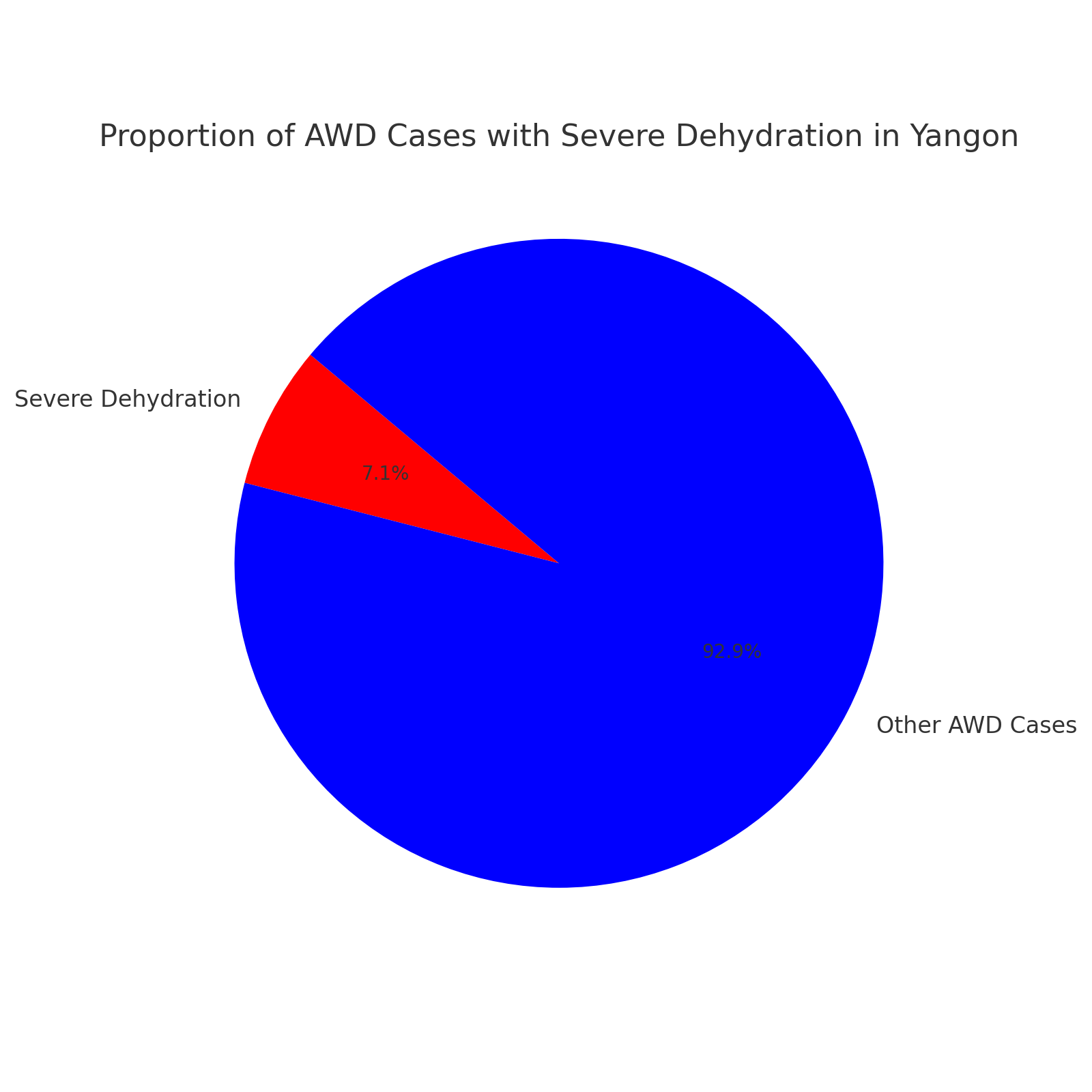
Another significant challenge is the limited availability of reactive oral cholera vaccines (OCV), which can only support containment efforts to a certain extent. WHO emphasizes that sustained public health measures and investments in health and WASH (Water, Sanitation, and Hygiene) infrastructure are critical for long-term prevention and control.
- FIRST PUBLISHED IN:
- Devdiscourse
ALSO READ
WHO Thanks UAE for $5 Million Contribution to Gaza Polio Vaccination Drive
Harris calls on Trump to debate with mics 'on the whole time'
Breakthrough in Tuberculosis Treatment: WHO Introduces New Regimens to Combat Drug-Resistant TB
Jannik Sinner: The Rising Star Who Dominated the U.S. Open Third Round
Kia India Sees 17% Year-On-Year Increase in August Wholesales










